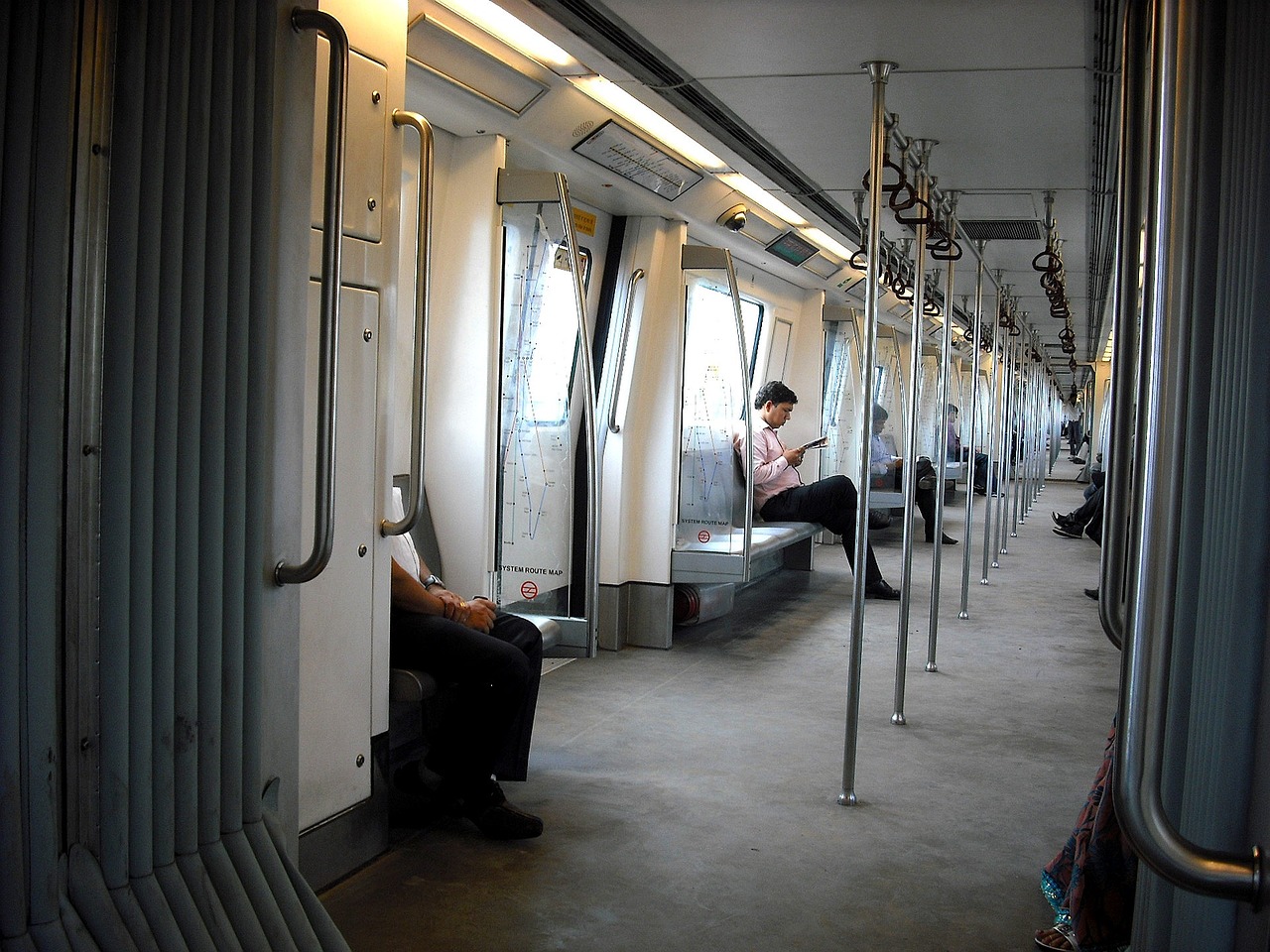
The UT transport department, in alignment with the National Vehicle Scrappage Policy, has taken a significant step in modernizing the Chandigarh Transport Undertaking (CTU) fleet. A total of 95 diesel buses, exceeding 15 years in service, have been recently scrapped at a vehicle-scrapping center established by Select Technical Services in Industrial Area, Phase 1, since April. These buses will be replaced by a fleet of 100 new electric buses, enhancing the city’s commitment to environmental sustainability.
According to Pradhuman Singh, the UT transport director, the introduction of these electric buses is part of the city’s initiative to retire old diesel buses, contributing to the reduction of pollution. The new electric buses will operate on city routes, while conventional buses will be deployed on new inter-state routes with CTU permits.
The National Vehicle Scrappage Policy mandates the scrapping of commercial vehicles over 15 years old and passenger vehicles over 20 years old if they fail fitness and emission tests. This policy aims to phase out polluting vehicles, promoting the adoption of newer, eco-friendly models.
In adherence to the policy, over 1,260 vehicles, including 1,045 government vehicles and 217 private ones, have been scrapped at the Industrial Area center within the past seven months. The scrapping process involves dismantling the vehicles, issuing a certificate of deposit (COD), and de-registering the vehicle. The COD is valid nationwide, and owners can retain their vehicle’s registration number through the e-vaahan portal.
Gopal Krishan, the owner of the scrapping center, provided insights into the valuation process, which considers the weight and condition of the vehicle. The scrap value is determined based on the vehicle’s weight, with approximately 65% being steel. Owners are compensated for the remaining weight after deducting 10% for wastage at the prevailing scrap rate.
For policy beneficiaries, which include owners availing the benefits of the National Vehicle Scrappage Policy, there are several advantages. These include concessions in motor vehicle tax when purchasing a new vehicle after submitting the COD. Non-transport vehicles can enjoy up to a 25% tax concession for eight years, while transport vehicles can benefit from a 15% concession for 15 years.
Additionally, vehicle owners opting for scrappage can retain their old registration number, receive up to a 5% discount on new vehicles from specific manufacturers, and recover scrap value equivalent to 4% to 6% of the vehicle’s ex-showroom price. Overall, these measures are designed to incentivize vehicle scrappage, contributing to a more sustainable and environmentally friendly transport system.









